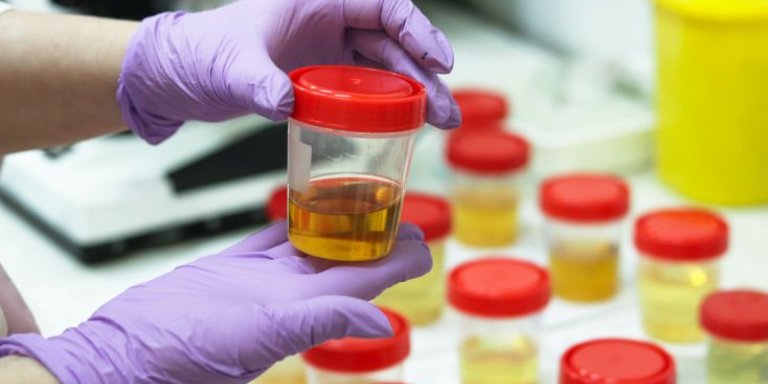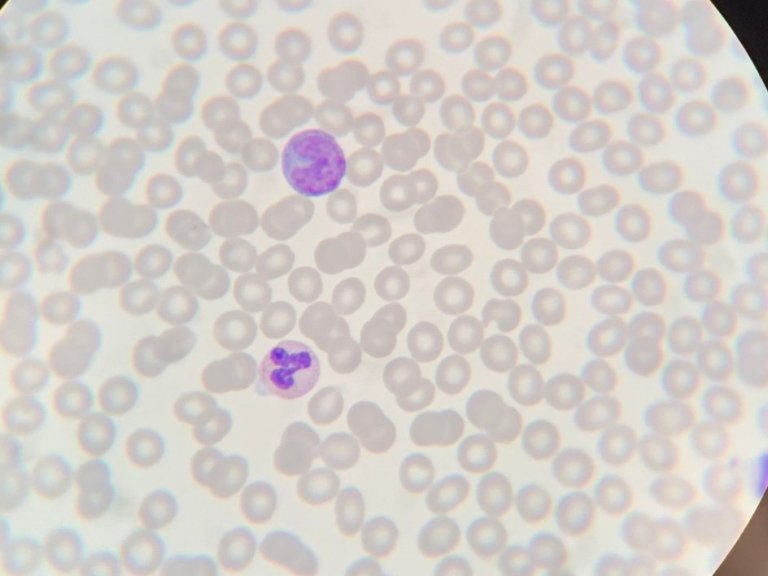Researchers, led by Florent Moulière who is based at the Rosenfeld Lab of the Cancer Research UK Cambridge Institute and at Amsterdam UMC, and Richard Mair, who is based at the CRUK Cambridge Institute, developed two approaches to overcome the challenge of detecting brain tumors. Although their research is in its early stages and only a small number of patients were analyzed, the team say their results are very promising.
Urine samples
By knowing where in the DNA strand to look, the researchers found that it was possible to find mutations even in the tiny amounts of cfDNA found in the blood plasma and urine. They found that fragments of cfDNA, which came from patients with brain tumors were different sizes than those from patients with no tumors. They then fed this data into a machine learning algorithm which was able to successfully differentiate between the urine samples of people with and without brain tumors.
The researchers suggest that in the future, one of these approaches could form an inexpensive test which could be taken at a GP surgery and could be used to monitor patients at high risk of brain tumor (glioma) or people who have had a brain tumor in the past and are in remission.
Urine test
The next stage of this research will see the team comparing both tests against MRI scans in a trial with patients with brain tumors who are in remission to see if it can detect if their tumors are coming back at the same time or earlier than the MRI.
Although this research is in its early stages, it could in the future lead to the MRI being complemented by a more frequent urine test given by doctors, which could detect a returning glioma earlier and improve patient outcomes.
Read the full article here.




